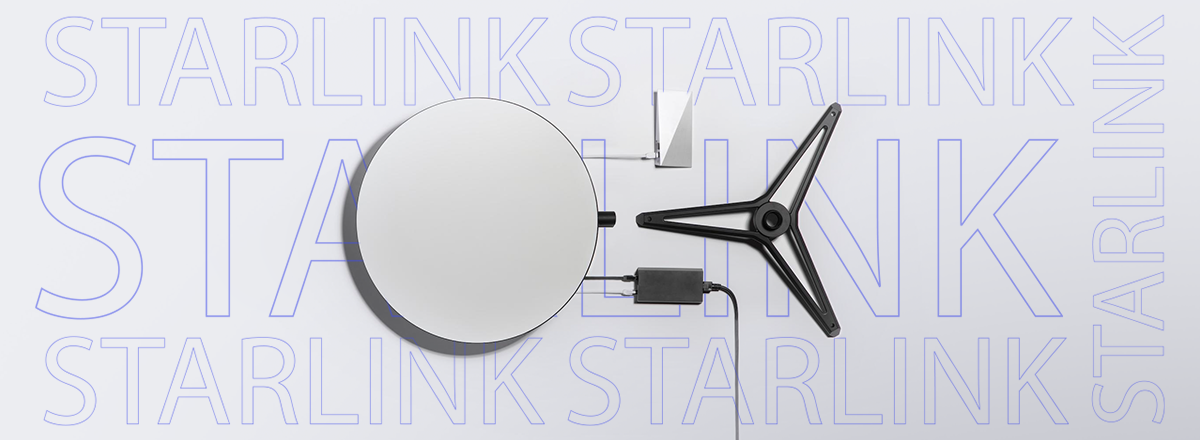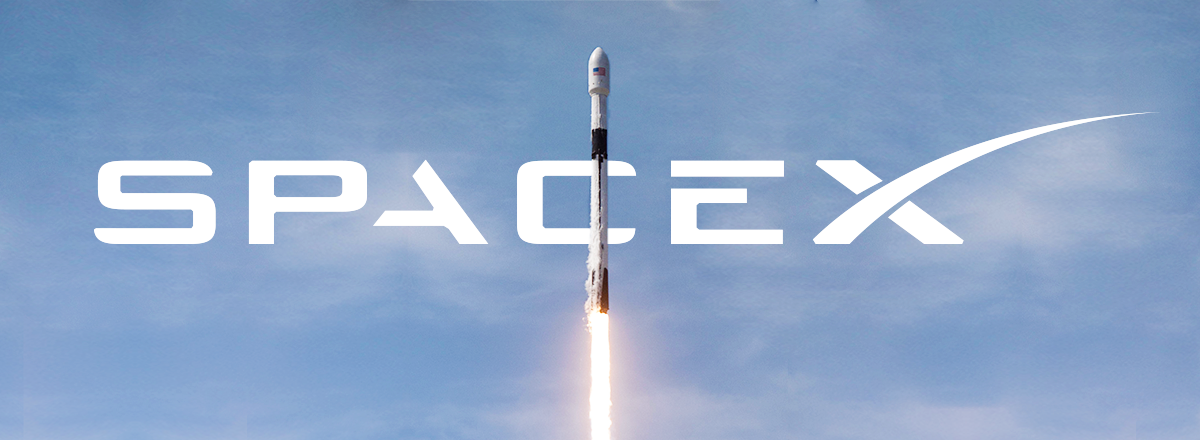Independent testing has revealed a steady increase in data transmission speed by the satellite Internet provider Starlink. It is being developed by the SpaceX company founded by Elon Musk. Sometimes, Starlink Internet already works no worse than wired Internet. Well, at least in terms of data download speed.
As Forbes writes with reference to the SamKnows testing, most of the speed measurements fit into the promised speed range of 50-150 Mbit/s. At the same time, many of them even exceed 200 Mbit/s, a speed that is more typical for wired Internet in large cities.

At the end of February, Elon Musk promised to double the speed of his satellite Starlink Internet. The head of SpaceX is known for keeping his promises, so now, after just a little more than a month, Musk's satellite Internet already works much faster.
If the data download speed was 100 Mbit/s at the beginning of February and 130 Mbit/s at the end of February, now it has already reached 200 Mbit/s. This figure is expected to increase to 300 Mbit/s over the year. This will be achieved through the launch of new satellites into orbit. But, given how massively new Starlink satellites are being launched into orbit, we can assume that the 300 Mbit/s promised by Musk will become available to system users in a few months.
It should be clarified that the 200 Mbit/s that Starlink currently has is the maximum connection speed. Based on data from the Federal Communications Commission of the United States of America, Starlink's average speed reaches 80 Mbit/s, which itself is higher than that of the US competitors such as HughesNet and Viasat.

In October 2020, the company began providing its services to residents of the USA, Canada, and the UK in test mode.
At the end of January 2021, SpaceX said that 10 thousand customers were already using the beta version. Early adopters claim that the Internet works without interruptions, even in extreme weather conditions.














